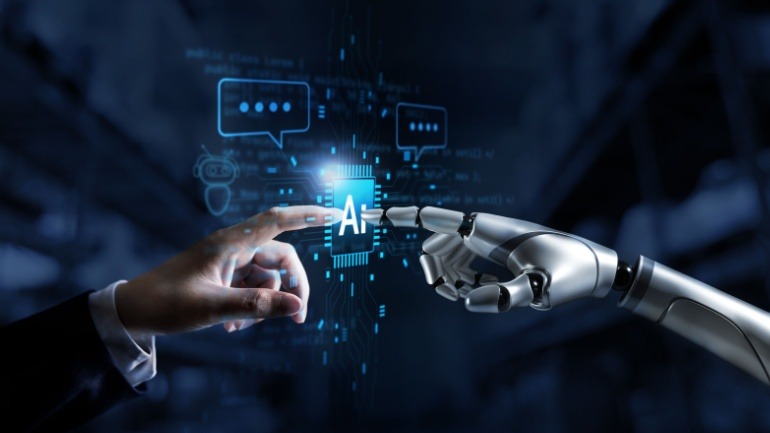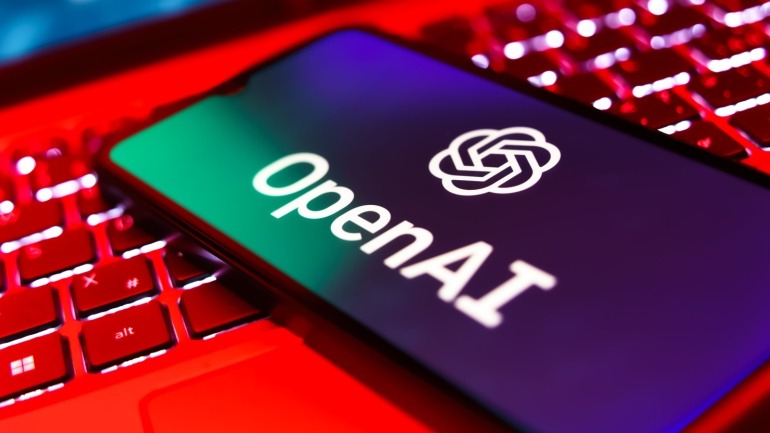The Iliad Group’s $3 billion investment in AI infrastructure promises a transformative leap in the telecommunications sector. By focusing on AI-centric data centers and computing resources, Iliad is setting a trend for telecom companies diving into AI.
Nokia has appointed Justin Hotard as its new CEO, succeeding Pekka Lundmark on April 1. Hotard, formerly at Intel, will lead Nokia’s push into AI and data centers.
Amazon is making a bold move in the AI landscape, aiming to invest $100 billion by 2025. This investment primarily targets Amazon Web Services’ (AWS) AI infrastructure, showcasing the company’s commitment to enhancing AI-driven services.
SoftBank is investing $25 billion into OpenAI, launching SB OpenAI in Japan to deliver AI-powered enterprise solutions under the Cristal intelligence brand. Partnering with Arm for scalable AI integration, the venture targets major Japanese corporations.
Google’s investment of $75 billion in AI infrastructure promises to revolutionize the landscape by 2025. CEO Sundar Pichai emphasizes their approach, leveraging global cloud infrastructure to optimize computing power.
Intel is navigating challenges in the AI infrastructure space, particularly in AI datacenters. The company has shifted focus from its Falcon Shores AI accelerator to Jaguar Shores, set for a 2026 release.
Japan’s SoftBank and OpenAI are negotiating a major deal that could position SoftBank as the largest shareholder of the ChatGPT creator, surpassing Microsoft’s current stake. With a potential $15-25 billion investment, SoftBank aims to strengthen its foothold in the AI market.
As AI reliance surges, Verizon innovates with its AI Connect suite, positioning itself as a leader by enhancing AI infrastructural efficiency. This strategic shift emphasizes real-time AI processing at the edge, offering faster, cost-effective solutions for businesses.
The AI hardware landscape is seeing transformative change with former Intel CEO Pat Gelsinger investing in Fractile, a UK-based startup revolutionizing AI model inference. By focusing on running large language model inference in memory, this innovation reduces compute overhead and enhances scalability, crucial for optimizing AI performance and efficiency.
Google’s increased investment in Anthropic, totaling $3 billion, positions it as a key player in the AI race. Anthropic aims to transform market dynamics with features like two-way voice chat and web access.













